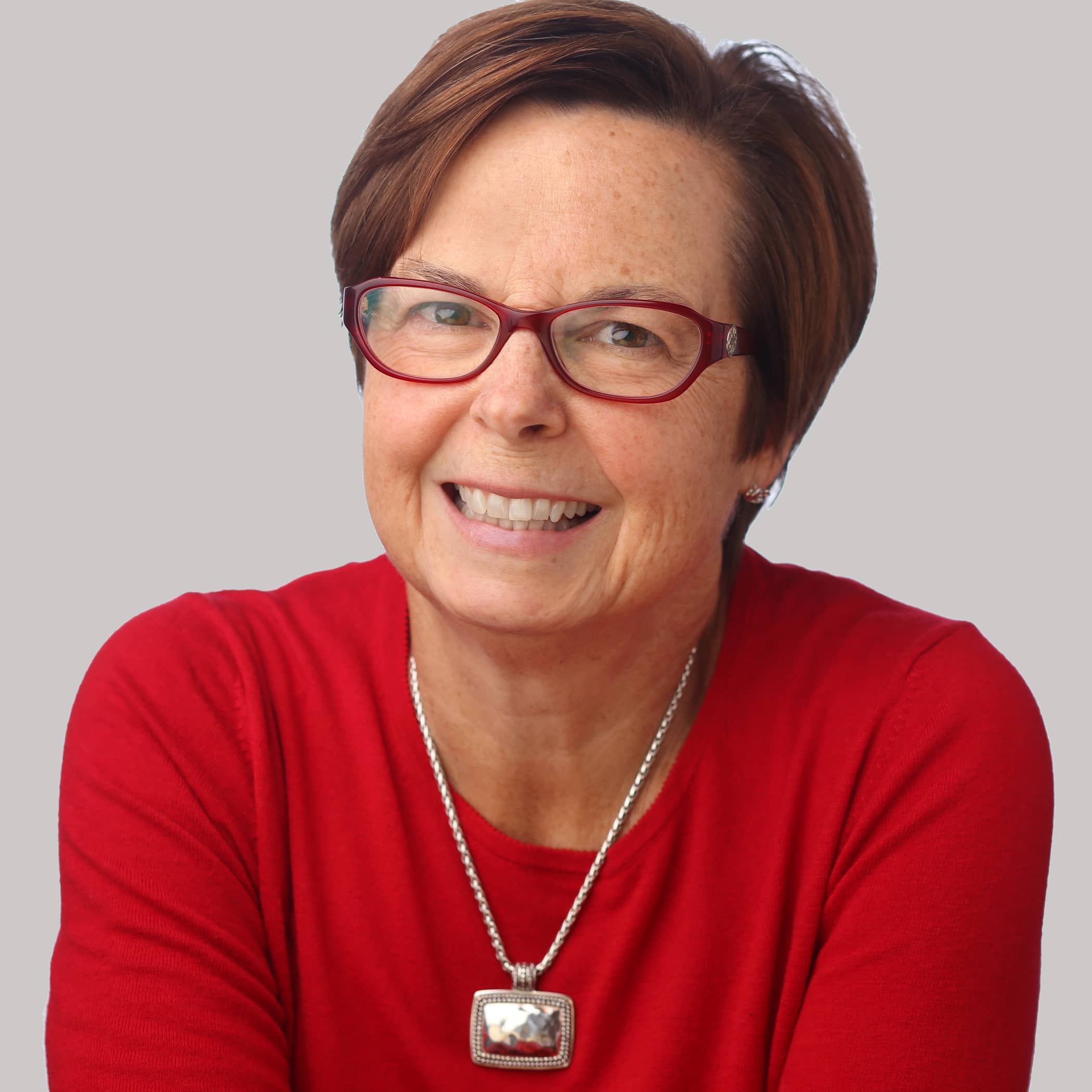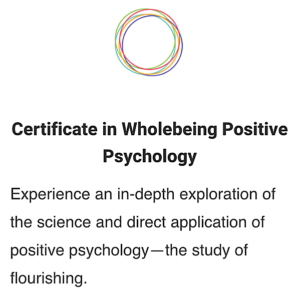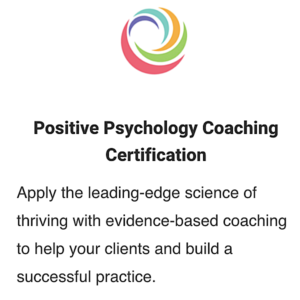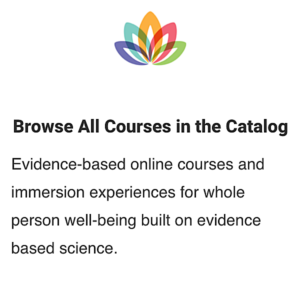by Lynda Wallace
It happened again last week, which shouldn’t really surprise me, because it happens pretty often. I was reflecting on my coaching sessions at the end of a day working with clients, and I kept going over one conversation in particular. My client was feeling as if her life had become a series of obligations, and she wanted to live with a greater sense of purpose. So I asked her one of my favorite coaching questions: If you could make one change to better align your values with how you spend your time, what would it be?
The question led us into a good conversation but, at the end of that day, it wasn’t my client I was thinking about; it was myself. I’ve been really busy lately, and that question helped me realize it was time for me to focus on what was most important, even if it meant letting some other things go. My daughter will graduate from high school in a few months, then head off to her summer job as a camp counselor before settling into a college dorm. I value—I really love—this time with her, and I want to be present for it, not overly distracted by obligations that matter less to me. So I’m making a few small changes to better align my values with my time.
Questions are at the heart of coaching. And, for me, they’re at the heart of living well. Both in coaching and in life, the questions we ask can be catalysts that help our clients—and ourselves—to gain clarity, expand our self-perception, get unstuck, create solutions, and create positive changes in our lives, work, relationships, and well-being.
So I want to share a few of my favorite coaching questions—both for working with my clients and for nudging myself toward living my life with all the joy, meaning, and impact I possibly can.
What would better look like?
When I work with clients who are feeling stuck in a situation or immersed in a problem, I make sure to give them a chance to be heard about their pain and frustration. But, before too long, I’ll usually ask some version of this question: What would better look like? Sometimes they’ll have a clear answer, which can be the basis of positive, forward-looking coaching goals. But very often, they’ll pause, look at me, and say some version of, “You know, I haven’t really thought about that.” It can be a galvanizing moment that often leads to a really productive discussion.
So, when I’m dissatisfied with something, or confused about how to move forward in an area of my life, I’ve taken to asking myself the same question. What would better look like? Sitting down and sketching it out or talking it through with a friend has proven time and time again to help clarify where I want to go and get me ready to start moving down that road.
When is this less of a problem?
Of course, picturing what better would look like doesn’t solve problems all on its own. We also need to help our clients figure out what steps they can take that will make a difference. That’s where this great solutions-focused question comes in, because not even the most difficult problems are equally troubling 100 percent of the time. And the times when a problem is less severe often hold clues for moving forward.
My favorite story about using this question comes from my engagement with a physician who was trying to rebuild his social connections after a divorce. He believed that he had terrible social skills because he tended to be judgmental, which naturally put people on the defensive. When I asked him to try to think of a time when that was less of a problem, he smiled and immediately said that it was never a problem with his patients. He didn’t feel judgmental toward them and consistently built very good, trusting doctor-patient relationships. That gave us a very practical path forward—to find ways for him to tap into the social intelligence and interpersonal skills he clearly already had so he could practice using them in different ways in more personal situations.
What small thing could you do that would make a difference right now?
Whether my clients are aiming to solve a problem, pursue a goal, or make another sort of positive change, I consistently ask what they could do that would make a difference right away. Getting started, seeing some progress, experiencing more joy or less frustration, all can make a real difference in our motivation and our self-perception. We begin to feel like we really can make changes, like we can take action to move in the direction we want to go.
I’ve probably taken to asking myself this question more than any other. It reminds me that I have choices and agency and power in my life, in both small ways and large ones. If I’m feeling frustrated that I’ve been procrastinating on a project, I might decide that tackling the next step on my to-do list would make me feel better. If I’m feeling anxious about some worry or another, I might decide that the thing that would make a difference right now would be putting it out of my head and going for a run, or calling my sister and talking it through. Asking what I could do that would make a difference right now is often just the nudge I need to break through the inertia and make a change.
Who can help?
When Chris Peterson, one of the founders of positive psychology, was asked to sum up years of research in the field, his response was simple: “Other people matter.” Whether we want to be happier, healthier, or more successful, or to leave a more significant mark on the world, our connections with other people have a profound impact. So, when my clients are seeking to make changes in their lives, work, relationships, or well-being, I always ask who can help. Who can help you figure this out, who can support you making this change, who can help you keep this commitment to yourself, who can help you enjoy this journey? We could all use a reminder that we don’t have to do it alone.
Now, I must confess that, while the other questions I’ve discussed in this post come pretty naturally to me, this is one that I have to push myself to consider in my own life. Whatever I’m doing, I tend to think I can do it by myself, and I forget to invite other people in, to ask other people for help, and to give myself opportunities to enjoy collaboration and friendship along the way. But by asking my clients every day who can help them live their best lives, I’m reminded to ask myself the very same question. And as a result, my relationships are stronger, my work is better, and my life is happier.
What would you be doing differently right now if you were one big step closer to your goal?
Most often, my clients are working on big, complex goals, like changing careers, building a new life after a divorce, or even building a thriving coaching practice. So, in addition to talking about what small things could make a difference right away, I’ll usually ask them what it would look like to be one big step closer to their goal.
For example, if a client feels that she’s at a three on a scale of zero to 10, with 10 representing fully achieving her goal, I’ll ask her what it would look like to be at a four. That’s a big step closer to her goal, but one that’s close enough in that she can probably picture it fairly well. Once she describes what being at a four would look like, I’ll ask her what she’d be doing differently right now if she were at a four already. Then we’ll figure out one or two of those things that she could start doing right away, because the surest way to make progress toward a goal is to start doing the things it will take to achieve it.
Rather than sharing another story from my life or work, I’d like to ask how you would answer this question. Thinking about a goal of yours, what would you be doing differently right now if you were one step closer? And how could you start living as if you already were?
If you’re willing to share your response in the comments section, please do. We’d all love to read it and cheer you on!
If your goal includes learning great positive psychology coaching skills, I hope you’ll consider joining me for WBI’s Positive Psychology Coaching: Skill-Building Intensive course.
Lynda Wallace is the Program Director and Lead Instructor of WBI’s Positive Psychology Coach Certification program. One of the country’s most highly sought-after coaches and teachers, and the author of the best-selling book A Short Course in Happiness, Lynda holds an MBA from the Wharton School and a Certificate in Positive Psychology from Wholebeing Institute. Before becoming a certified Positive Psychology Coach, Lynda spent 20 years as an executive with Johnson & Johnson, where she ran a billion-dollar global business including some of the world’s most iconic brands. Galvanized by the compelling findings of positive psychology, she left the business world to begin a new career doing work she genuinely loves, helping others to create positive change in their lives.


 Lynda Wallace is the Program Director and Lead Instructor of WBI’s Positive Psychology Coach Certification program. One of the country’s most highly sought-after coaches and teachers, and the author of the best-selling book A Short Course in Happiness, Lynda holds an MBA from the Wharton School and a
Lynda Wallace is the Program Director and Lead Instructor of WBI’s Positive Psychology Coach Certification program. One of the country’s most highly sought-after coaches and teachers, and the author of the best-selling book A Short Course in Happiness, Lynda holds an MBA from the Wharton School and a 



Wonderful & Wise! Thank you, Lynda, for sharing your favorite questions with us. I have printed out this post to savor and learn from. Thanks for all you share with us!
Thank You Lynda! I appreciate a lot this insigths and your generosity to share your favorites questions. Those are, actually, a real positive path to lead the client into his/her better version of him/herself! Best regards!
Thanks, Lynda, for sharing some of your favorite questions! I appreciate your generosity in sharing which will help me continue to improve my coaching.